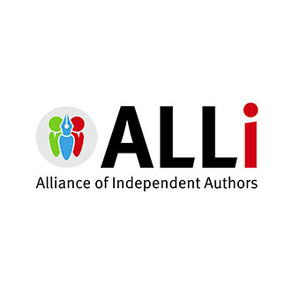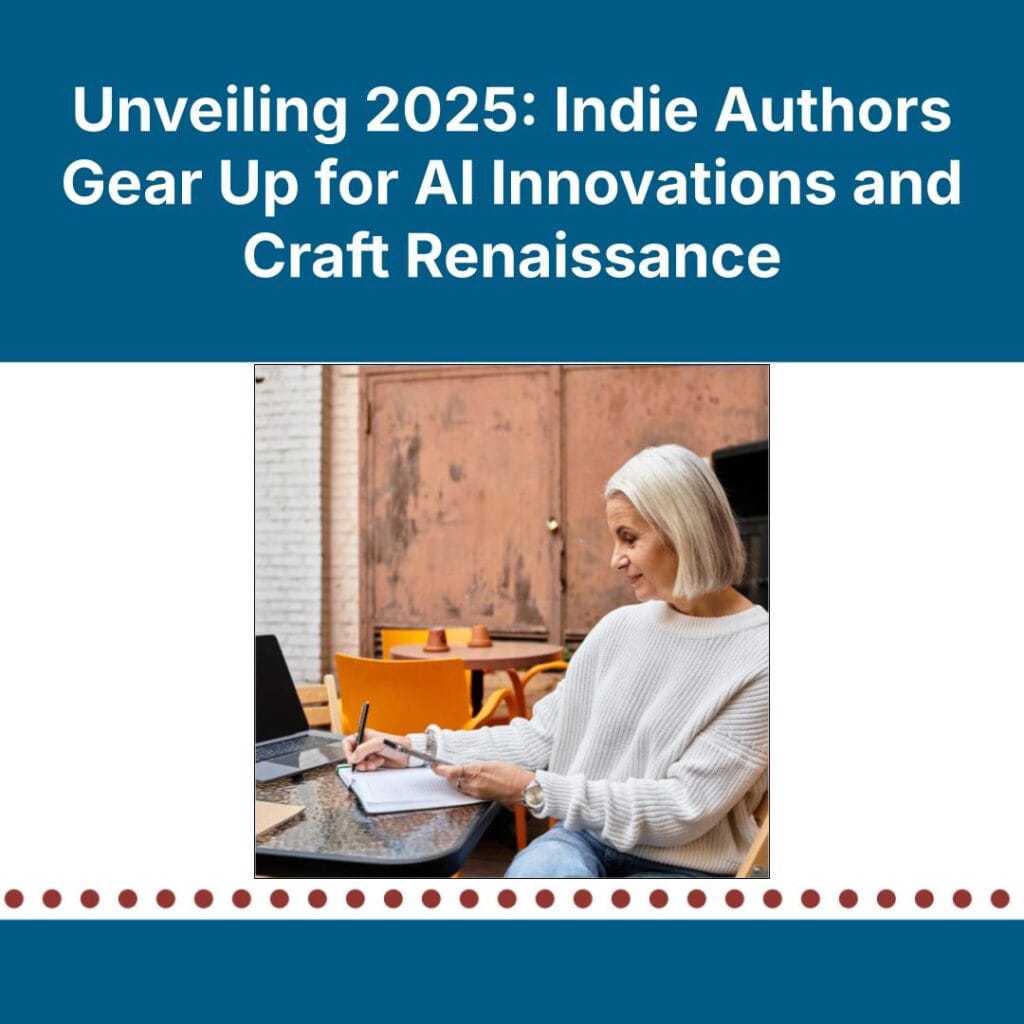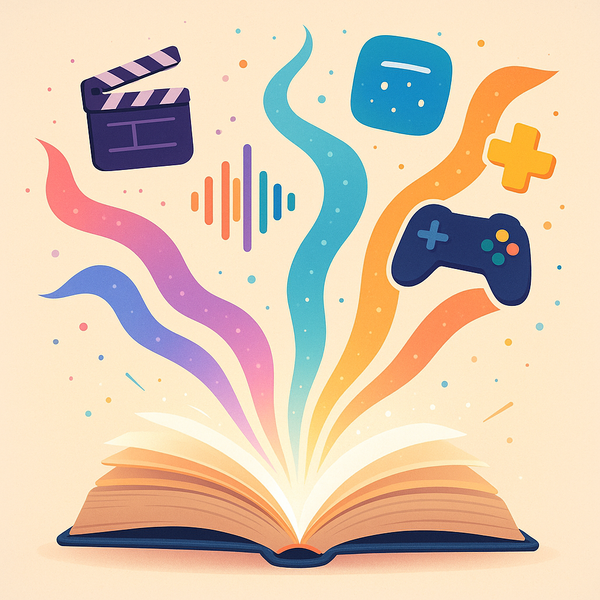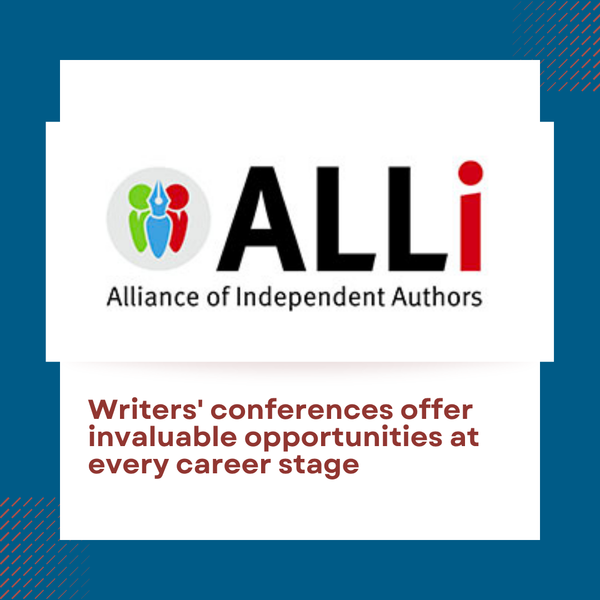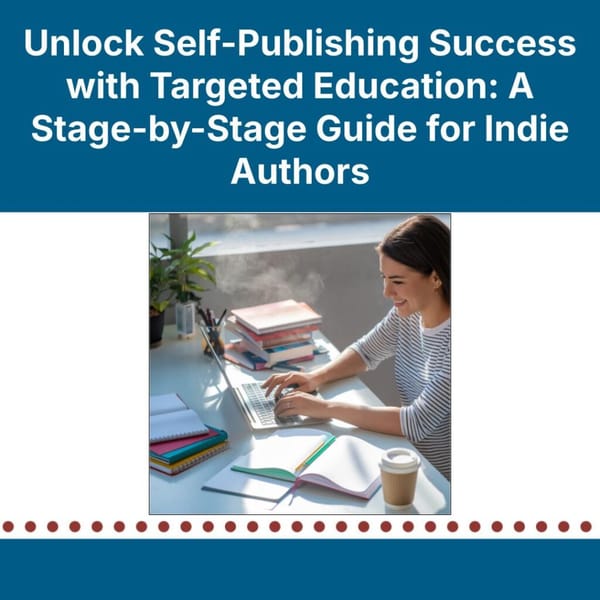As we step into 2025, the Alliance of Independent Authors (ALLi) remains dedicated to helping indie authors navigate the evolving landscape of publishing. In the coming year, a range of trends will shape the opportunities and challenges for authors. From the rise of AI-driven rights licensing to a renewed focus on the human side of writing craft and storytelling, ALLi’s team and advisors offer their predictions for the coming year.
Rights Licensing Expands in the Age of AI
The rapid advancement of AI technology is opening up new avenues for indie authors, particularly in rights licensing. Joanna Penn, ALLi’s enterprise and technology advisor, highlights this development. “Rights licensing will expand in 2025 as authors have the opportunity to license their books for AI training,” she says. “Keep an eye on CreatedByHumans.ai, who have already partnered with the Author’s Guild in the USA, and there will be other companies emerging as well. The expansion of AI agents—described as ‘text to action’ or ‘text to employee’—will also give authors more options to outsource non-core tasks around business and marketing.”
As AI technologies continue to advance, authors have new possibilities for monetizing their work and streamlining operations, making rights licensing a key area to watch in 2025.
A Renewed Focus on Craft
While AI is expanding possibilities for authors, it’s also elevating the importance of craft and originality. Michael La Ronn, ALLi’s outreach manager, emphasizes this point. “I expect large language models to make a leap forward with their writing capabilities in 2025,” he says. “With the introduction of tools like ChatGPT’s Canvas and Claude’s Artifacts, the groundwork has been laid to boost the quality of their writing outputs in the very near future. I would advise authors to double down on improving their writing craft in 2025. Originality and execution will matter more than ever.”
Roz Morris, ALLi’s editor-in-chief, notes a growing appreciation for the craftsmanship of seasoned authors. “I see a renewed interest in long-established craftsmen—authors who’ve been steadily building their art and their identity, producing strong work that isn’t afraid to be original,” Morris says. “Many indie authors self-published because they didn’t fit with the market needs of the time. Now they’re respected and accomplished artists with a well-received body of work and a lot more to offer.”
As AI enhances productivity, it also challenges authors to distinguish themselves through skill and creativity, making craft a central focus for 2025.
Ever-Increasing Quality of Indie Books
Indie publishing has always been associated with innovation and agility, and this year is no exception. ALLi’s self-publishing news editor Dan Holloway shares his observations on the evolving landscape. “Alongside the rise of AI, 2024 has been characterized by the continued strength of print books, especially among young readers. I expect this to continue as social media drives trends that emphasize deep work, mindfulness, and physical spaces,” Holloway says. “This will open opportunities for anything analog, whether that’s literary salons at a local store or special editions. Social media will continue to drive this, but all eyes will be on what happens if the US does go ahead with its TikTok ban.”
Anna Featherstone, ALLi’s non-fiction advisor, also points to an increased emphasis on quality. "The 2025 tea leaves point to the continued 'off the Richter scale quality' of indie books,” Featherstone says. “Therefore, readers will be even less tolerant of mediocre writing or editing, bland voice, repetitive content, and poor production. Authors who work on their craft; focus on niche subjects; solve pressing problems for readers; and share punchy, fresh, personal (non-AI) insights will benefit by capitalizing on reader recommendations and direct sales models."
“More traditional publishers will actively seek out back lists and new works from indie authors,” Featherstone continues. “After all, why not pursue indie authors who already have devoted followings rather than picking up manuscripts from the slush pile and needing to start from scratch? Indie authors will then need to decide what particular works and what models will make sense for their evolving business.
“Finally,” she says, “for economic, practical, and environmental reasons, even more readers will turn to library lending and ebooks."
Expanding Opportunities in Video
Video platforms continue to be a dynamic force in book marketing, offering authors not just a way to reach readers but also a means to humanize themselves and their stories in the face of AI’s growing influence. Dale L. Roberts, ALLi’s advisor on video content, shares his predictions: “Video platforms like YouTube, TikTok, Instagram Reels, Facebook Live, and Twitch are powerful tools for authors. I predict these platforms will continue growing as essential resources for finding new readers, sharing bookish content, and increasing sales. Authors can creatively market their books using unique features like live streams, short videos, and long-form content. As these platforms mature, authors can tap into their potential to grow their readership and enhance book sales by building and fostering an online community.”
In an age where AI-driven content is on the rise, video remains one of the most powerful ways for authors to foster genuine, personal connections with readers, strengthening their communities through engaging and authentic storytelling.
Expanding Recognition in Audio
The audio format continues to gain recognition, particularly for indie authors. Hannah Jacobson, ALLi’s awards & story marketing advisor, forecasts significant developments in audiobook awards specifically targeted for indie authors. “This award trend recognizes the growing importance of audio formats for readers, as well as the unique challenges faced by independent creators,” Jacobson says. “To prepare, indie authors should focus on high-quality audio production and editing, whether investing in professional recording equipment or collaborating with audio studios, and unique aspects of audio storytelling—special sound effects, musical elements, multicast performances, et cetera. Staying informed about emerging audiobook platforms and submission guidelines for these new awards will be crucial for award-winning success.”
Being More Human
The theme of doubling down on being human returns in this perspective from ALLi founder Orna Ross, who anticipates a shift in indie authors' approach to creativity in writing and publishing, one rooted in authenticity and the human touch.
“Our power as authors comes not just from the words we write and publish but from the heart-and-soul connections we create, and the humanity we bring to each aspect of our work,” she says. “As readers increasingly crave genuine connections and meaningful content, expect to see more authors sharing not just their polished final works but also their creative processes, behind-the-scenes moments, and real-life insights, drawing readers into a shared journey. This approach will also support deeper, more sustainable engagement, helping authors build resilient publishing businesses from loyal followings.
“To ride this new trend in author publishing, successful indie authors will embrace a more holistic, flexible structure in their creative lives, incorporating balanced rhythms of creative work and rest and play into their plans and schedules,” Ross continues. “We also expect to see the move towards diversified income streams increasing as authors experiment with new creative outlets and experiences, such as workshops, interactive book clubs, or patron-supported projects.
“These shifts will collectively place the ‘human’ factor front and center,” she says, “helping authors carve out meaningful spaces in readers’ hearts and minds.”
As 2025 unfolds, indie authors have diverse opportunities to explore. With these insights from ALLi’s team and advisors, authors can navigate the year ahead with confidence, creativity, and clarity.
Matty Dalrymple, ALLi Campaigns Manager

